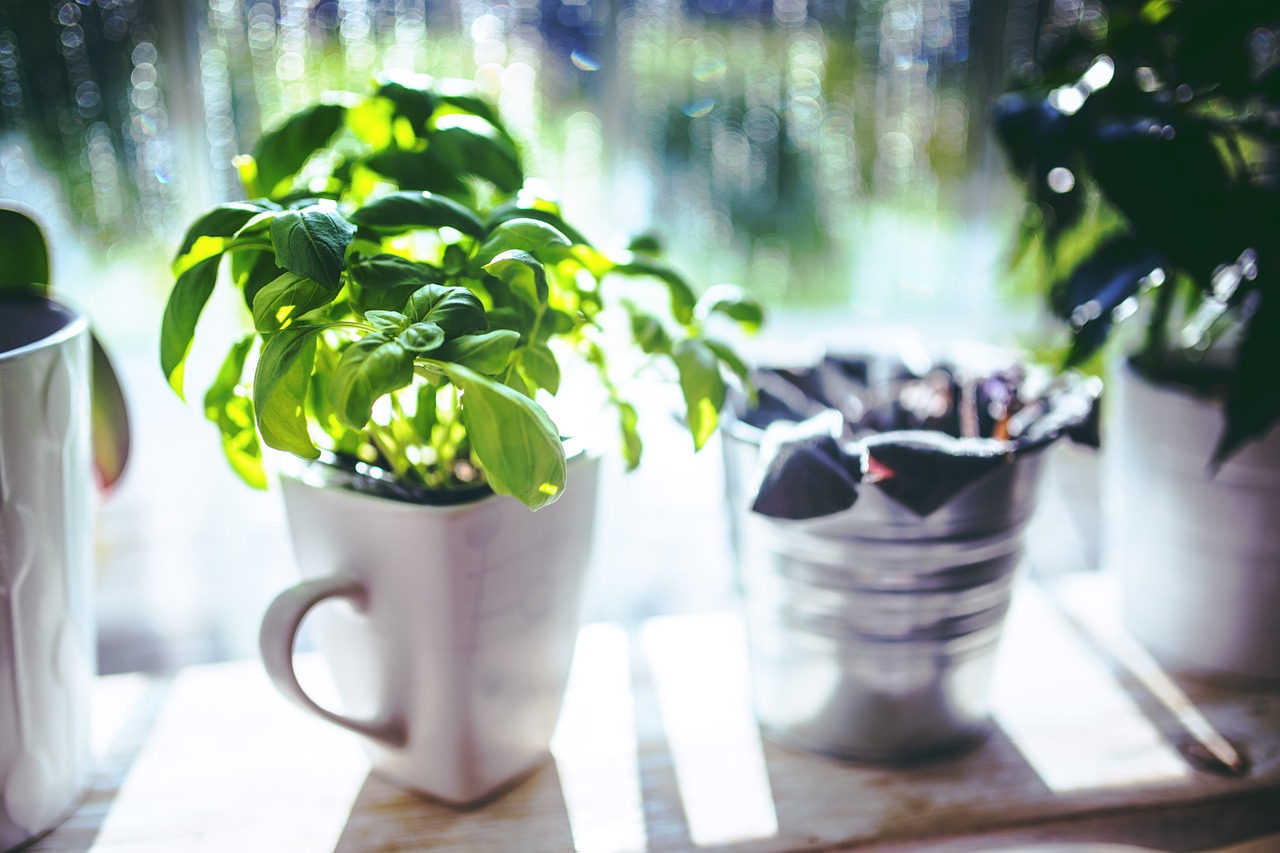Do we want our enemies to sleep with us? Of course not! Plants have enemies too, and they don’t want their enemies to sleep on their beds. However, they do have best friends, and living with them will make them healthy and prosperous. They are, what some people called, friends with benefits.
In planting, we need to know who the best friends of our plants are in order to maximize their full potential and to get the benefits from each other. Finding good companions for your plants gives you benefits in four ways:
It will improve the overall health of the plant and also improve the taste of the produce.
The companion plants also improve the growth cycle of the target plant and improve the quality and quantity of produce.
The companion plants stop bugs and critters and prevent various diseases.
The companion plants also help in pollination by inviting beneficial insects.
Scientific Explanations Behind Companion Planting
When you plant marigold alongside your vegetables, the marigold will deter pests. Likewise, when you plant mustard in your vegetable patch, it will attract beneficial insects and improve pollination.
Is there a scientific explanation for this?
According to Science, each type of plant requires a slightly different combination of nutrients. Hence, you need to put in one place plants that require different nutrients. In that manner, your garden can support a diverse range of crops while other plants will enhance the soil with nutrients needed by other crops. It is this symbiotic relationship between these plants that creates better results all around.
A companion planting guide is a necessity for farmers and gardeners especially if you adhere to organic farming/gardening principles.
Planting herbs will create a more healthy, balanced, and sustainable garden environment in your raised bed since most of these herbs attract or repel beneficial or harmful insects. The strong scent of these herbs confuses insects and thereby protecting the target plant. So, planting herbs beside your crops is one of the most organic pest management.
Companion Planting Guide: Know Friends and Foes of Common Vegetables
To give guides on companion planting, the Old Farmer’s Almanac has provided a plant list for 10 common vegetables including tomatoes, cucumbers, peppers, and more. The list provides the friends and enemies of each plant.
Beans
Friends: Beets, Broccoli, Cabbage, Carrots, Cauliflower, Celery, Corn, Cucumbers, Eggplant, Peas, Potatoes, Radishes, Squash, Strawberries, Tomatoes, Marigolds, Catnip
Did you know that potatoes and marigolds repel bean beetles while catnip repels flea beetles?
Foes: Garlic, Onions, Peppers Sunflowers
Corn
Friends: Beans, Cucumbers, Lettuce, Melons, Peas, Potatoes, Squash, Sunflowers
Foes: Tomatoes
Onions
Friends: Beets, Broccoli, Cabbage, Carrots, Lettuce, Peppers, Potatoes, Spinach, Tomatoes
Foes: Beans, Peas, Sage
Cucumbers
Friends: Beans, Cabbage, Cauliflower, Corn, Lettuce, Peas, Radishes, Sunflowers
Foes: Aromatic herbs, melons, potatoes
Peppers
Friends: Basil, Coriander, Onions, Spinach, Tomatoes
Foes: Beans, Kohlrabi
Cabbage
Friends: Beans, Celery, Cucumbers, Dill, Kale, Lettuce, Onions, Potatoes, Sage, Spinach, Thyme
Did you know that onions repel carrot flies?
Foes: Broccoli, Cauliflower, Strawberries, Tomatoes
Lettuce
Friends: Asparagus, Beets, Brussels Sprouts, Cabbage, Carrots, Corn, Cucumbers, Eggplant, Onions, Peas, Potatoes, Radishes, Spinach, Strawberries, Sunflowers, Tomatoes
Foes: Broccoli
Radishes
Friends: Basil, Coriander, Onions, Spinach, Tomatoes
Foes: Beans, Kohlrabi
Carrots
Friends: Beans, Lettuce, Onions, Peas, Radishes, Rosemary, Sage, Tomatoes
Foes: Anise, Dill, Parsley
Tomatoes
Friends: Asparagus, Basil, Beans, Borage, Carrots, Celery, Dill, Lettuce, Melons, Onions, Parsley, Peppers, Radishes, Spinach, Thyme
Foes: Broccoli, Brussels Sprouts, Cabbage, Cauliflower, Corn, Kale, Potatoes
